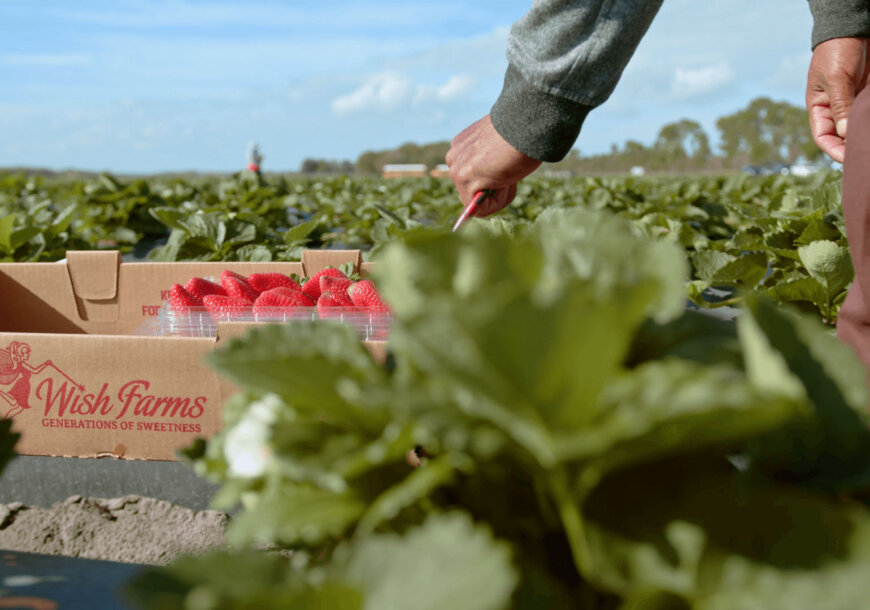There is an abundance of scientific data showing berries improve lives. Research shows Americans are not eating enough of them. All evidence points to a diet rich in berries far exceeds the dangers of minute pesticide levels. These include a reduction in the risk of cancer, diabetes, stroke and heart disease just to name a few!
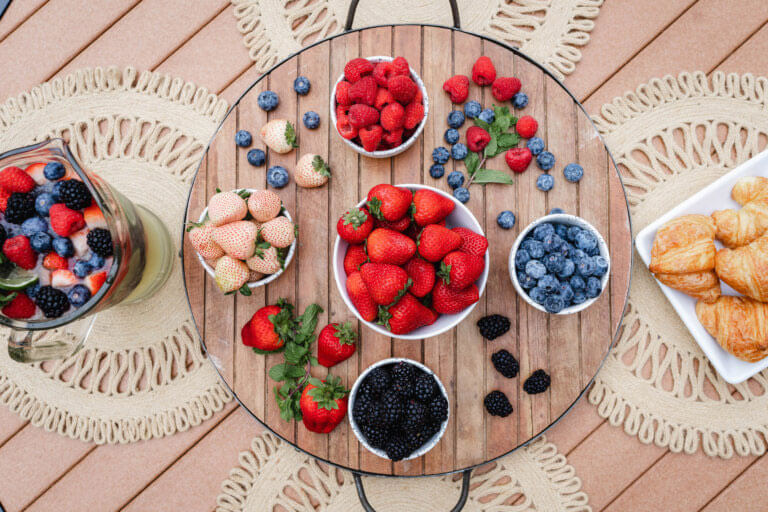
The Environmental Working Group releases their “Dirty Dozen” list every March. They might have a trustworthy sounding name, but they release vague, pseudo-scientific studies cherry picking data to scare consumers into believing non-organic produce is tainted. Most scientists have an unfavorable opinion of their “hair on fire” studies. 79% of the members of the Society of Toxicology agree that the EWG vastly overstates health risks.
Yes, pesticides are applied to all non-organic and organic berries. It is a common misconception that organic berries are pesticide free. Every farmer must use these tools, otherwise it would be impossible to feed the world. We routinely take berries home to our families, so it is a personal issue for Wish Farms. We use as little pesticide as possible. We have adopted organic techniques on some farms, like releasing predator bugs, that limits pesticide application.
Our food safety team tests Maximum Residue Limits and reviews spray records to verify that our berries meet US and Canadian law. Results are read in the single digits of parts per million, and typically residues are 95% below the legal limit. For perspective, this is like a few blades of grass on an entire football field. In other words, not enough to worry about.
The USDA Pesticide Data Program and FDA residue sampling program both found that more than 99% of the produce sampled had residues far below EPA safety levels if present at all.

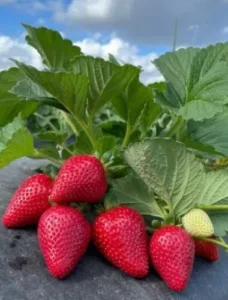
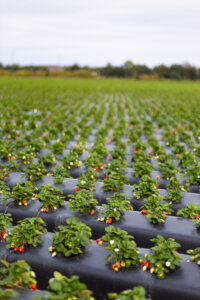
An analysis conducted by toxicologists with the University of California’s Personal Chemical Exposure Program found a child could consume 5,287 servings of blueberries in one day without any effect even if the blueberries have the highest pesticide residue recorded for blueberries by USDA.
If any residual amount is left on a berry, it does not mean that it is unsafe to eat. You can easily wash it away from the surface with a simple rinse of cold water. The most important thing to remember is that both organic and non-organic berries are safe and healthy. We hope this makes you feel better about your smart choice to eat fresh berries every day!
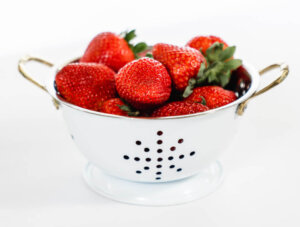
Still not convinced? Below are some articles and science-based links that debunk EWG’s claims.
Use the pesticide residue calculator
American Council on Science and Health: Dear EWG, This Is Why Real Scientists Think Poorly Of You
Scientific American: Myth Busting 101: Organic Farming > Conventional Agriculture
Washington Post: When Chemicals are Used to Scare You About Food
National Library of Medicine: Dietary Exposure to Pesticide Residue Alleged to Contain the Highest Contamination Levels

